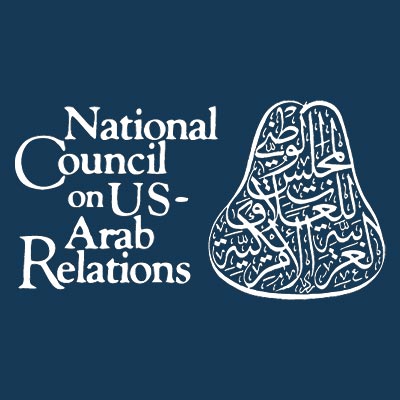Gulf awaits Kerry with qualms over US policy – GCC officials ‘finding it difficult’ to trust Washington
Source: Kuwait Times (Read full story)
…
Sager said the US and the GCC also had “core differences on Bahrain,” where security forces boosted by Saudi-led Gulf troops crushed Shiite-dominated protests in March 2011. “The United States sees political demands (in Bahrain) whereas GCC countries see a problem of terrorism,” said Sager. On the Israeli-Palestinian conflict, Gulf states have made no secret of their frustration at the US administration’s failure to pressure its Israeli ally into a two-state solution. For Shaikh, the Gulf monarchies, which are staunch US allies, were alarmed by “how quickly (President Barack) Obama has moved away from his old allies” in Arab Spring countries like Egypt and Tunisia.
…
Yemen kidnappers free Swiss woman after Qatari mediation: agency
Source: Reuters (Read full story)
A Swiss woman held hostage for nearly a year in Yemen has been freed by her kidnappers and flown to Doha following mediation by Qatar, the Qatari state news agency QNA reported late on Wednesday. Armed tribesmen had kidnapped the teacher in the western Yemeni port city of Hudaida in March 2012 to press their government to free jailed relatives, a Yemeni Interior Ministry official told Reuters last year. QNA said that an assistant to the Qatari foreign minister and the Swiss ambassador in Doha were at the airport to greet the woman, identified as Sylvia Abrahat, upon her arrival aboard a private plane from Yemen late on Wednesday.
…
UAE vows to protect human rights
Source: Khaleej Times (Read full story)
Dr Anwar Mohammed Gargash, Minister of State for Foreign Affairs and Minister of State for Federal National Council Affairs, has said the UAE will continue to work with the United Nations Human Rights Council to advance the promotion and protection of human rights at home and abroad. He was speaking at the 22nd session of the council in Geneva on Thursday. The UAE’s legislative and institutional framework has evolved over time in response to the aspirations of its citizens in the light of a modern contemporary state, while staying consistent with its traditions, he said. “Our Constitution remains the foundation for the protection of the rights and freedoms in our country.”
…
Kingdom’s nonoil GDP expected to grow over 8% this year
Source: Arab News (Read full story)
The macroeconomic conditions remain supportive of the financial system with Saudi Arabia’s nonoil GDP expected to grow over 8 percent this year following 7.5 percent in 2012, driven by the benefits of economic diversification and vast projects sourced by record oil revenues, according to a report by the National Commercial Bank. The asset/liability composition in the form of loans and deposits have been on a positive trajectory and offer improvement opportunities for 2013 as the loans-to-deposits ratio slid to 79.3 by the end of December, down from 82.7 during the previous month. As a catalyst for future financing, total deposits set a record level at SR 1.26 trillion by gaining 14.2 percent Y/Y by the end of last year.
…
Sheikha Moza discusses EAC projects in Geneva
Source: The Peninsula (Read full story)
…
In her first visit to the UNHCR headquarters, Sheikha Moza was welcomed by High Commissioner Antonio Guterres. Sheikha Moza discussed with UNHCR representatives some of the positive results of the initiative to support UNHCR’s education activities in refugee camps. The initiative, launched in November 2012, resulted significant progress in helping children in difficult circumstances, including poverty and conflict, gain access to education. EAC is working with a number of partners, including UN agencies and local NGOs, and has already supported over half a million children. The partnership between EAC and UNHCR benefited over 176,000 school children in 2012 in camps across Africa, Asia and the Middle East region.
…
GCC oil sector growth seen to slow on output decline
Source: Khaleej Times (Read full story)
…
It predicted that most regional banks and insurance companies are likely to continue their cautious approach to equity markets in the foreseeable future. “At the same time, significant regulatory changes – such as the UAE mortgage cap and the Saudi mortgage law – are leading domestic banks to adopt a ‘wait-and-see’ approach.” The report said despite these concerns, GCC economies are growing at a faster rate than advanced and overall world economies, and are closely following the growth of emerging economies. The GCC is forecast to grow by 4.6 per cent in 2013, compared with 1.5 per cent for advanced economies, 3.6 per cent for broader Mena, and 5.6 per cent for emerging economies. Global economic growth is forecast at 3.6 per cent, with 1.2 per cent for the United States and 0.2 per cent for Europe. The GCC’s aggregate nominal GDP is expected to reach $1.5 trillion in 2013, having achieved a six per cent CAGR over the past five years, NBAD said.

